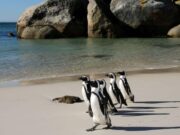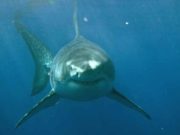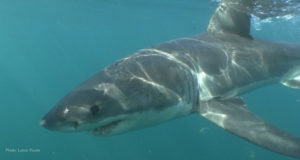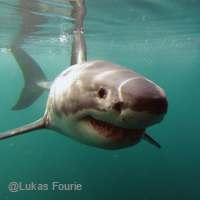Science
Where did the Gansbaai sharks go?
Gansbaai is one of three great white shark cage diving hotspots in the world and the only location with all year round shark...
Protecting our critically endangered iconic African Penguins
From millions of African Penguins in the early 1900s, there are now only about 8,000 breeding pairs left
The African Penguin, the continent’s only...
What is the smell of rain?
You can tell when rain is coming just by the smell
The word for it is “petrichor.” It’s the name of an oil that’s...
Red Tide, Blue Tide: Bioluminescence in the Ocean
Red tides, which often contain harmful algal blooms , are caused by chemical reactions that occur between algae and other substances.
Red by day, blue...
Beached dead whales can alter the ocean’s carbon footprint
Decades of whaling and fishing for the largest species have altered the ability of oceans to store and sequester carbon.
An individual whale contains...
Marine Tourism
Sharks have cavity-proof teeth
Shark teeth are covered in fluoride, making them cavity-resistant. One 2012 study published in the Journal of Structural Biology found that sharks' enamel...
Are you a responsible wildlife traveler?
Unfortunately there is no single, globally accepted code of conduct for responsible wildlife tourism – travelers themselves need to take responsibility. Here are some guidelines.
1 Take...
Mussel matchmaking and the glue that holds them
New research shows how mussels find the perfect match. For mussels, fertilization occurs between eggs and sperm that have been released into the...
Is Climate Change Ruining Wine Corks?
Wine lovers might treasure the oaky, full-bodied taste of a cabernet sauvignon or the light and fruity aroma of a pinot grigio. But...
What’s the strongest material produced by animals?
Animals can produce incredibly strong substances - so who makes the toughest?
Spider silk, long the strongest known biological material, was recently knocked off...















